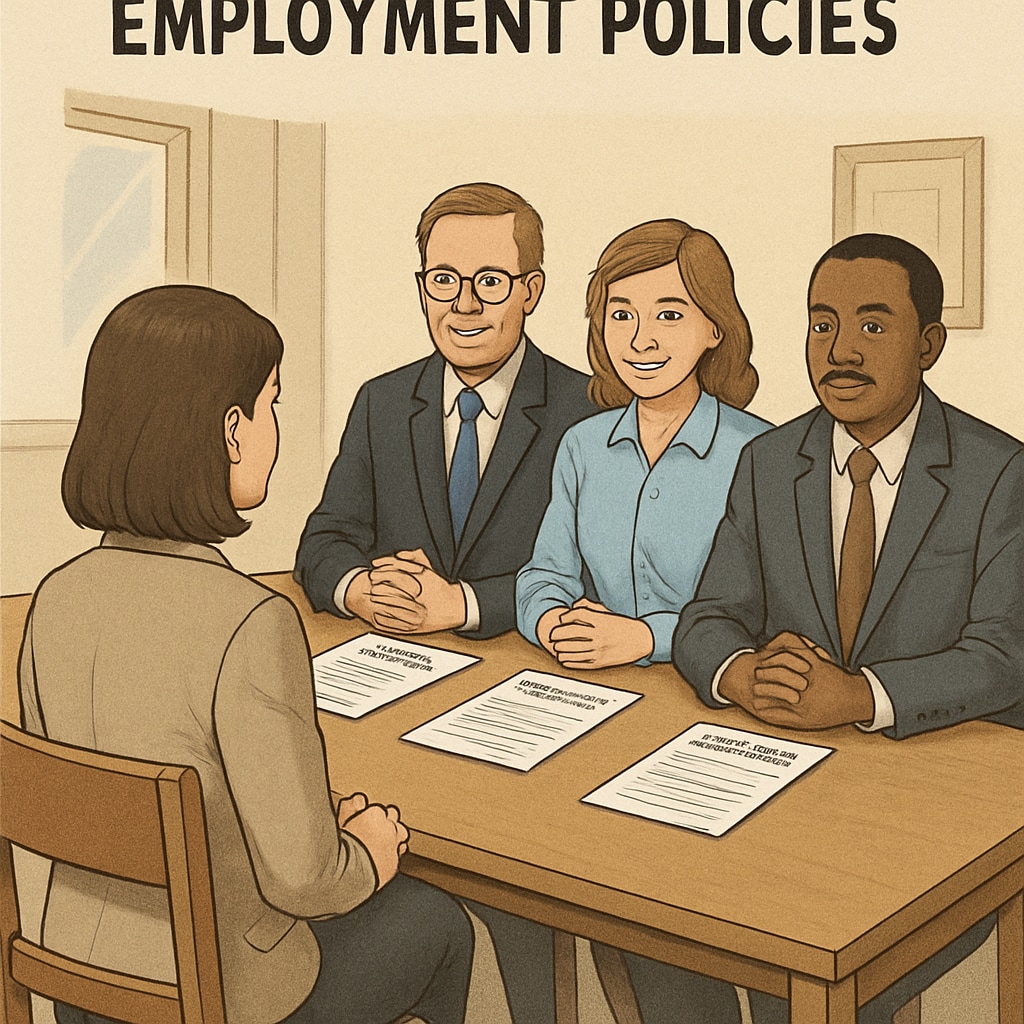In Arizona, the phrase “education is the key to success” takes an ironic twist. Government agencies in the state have implemented hiring practices that prioritize a high school diploma over advanced college degrees. This peculiar approach has led to rejected applications from highly qualified candidates solely because they lack a high school diploma, even if they hold higher educational credentials. The issue underscores flaws in Arizona’s employment policies and raises deeper questions about the purpose and perception of education in society.
Misaligned Policies: The Value of a High School Diploma
At the core of this issue is a systemic failure to recognize the equivalence—or even superiority—of higher education credentials. A college degree, by definition, assumes the completion of secondary education. However, Arizona’s rigid hiring policies seem to disregard this logical progression. Candidates with advanced degrees in fields such as engineering or public administration have reported being turned away because their resumes lack a formal high school diploma.
This scenario points to a troubling misalignment in the state’s employment policies. By focusing on formal high school certification, Arizona’s government agencies may inadvertently discriminate against individuals who have pursued alternative educational paths, such as General Educational Development (GED) tests or international schooling systems.

Broader Implications for Education and Society
The ramifications of these policies extend beyond individual job seekers. They challenge the broader societal understanding of education as a cumulative and progressive journey. If a person with a master’s degree or doctorate can be deemed unqualified for lacking a high school diploma, what does that say about the value placed on higher education?
Moreover, these practices risk undermining public trust in the fairness of government hiring processes. When education credentials are not evaluated holistically, it creates a perception of bureaucracy over meritocracy. As a result, talented individuals may be discouraged from applying for government positions, leading to a potential talent gap in public service.

Reevaluating Qualifications: A Call for Policy Reform
To address these challenges, Arizona’s government agencies must revisit their hiring standards. A few potential reforms include:
- Recognizing higher education degrees as a substitute for high school diplomas.
- Providing flexibility for candidates with non-traditional educational backgrounds, such as GEDs or international qualifications.
- Conducting case-by-case evaluations to ensure that hiring decisions are based on overall qualifications rather than rigid certification requirements.
Such changes would not only ensure fairness but also align hiring practices with modern educational realities. Furthermore, they would reflect an understanding that education is not a one-size-fits-all journey and that different paths can lead to the same destination.
In addition, Arizona’s situation should serve as a cautionary tale for other states. Policymakers nationwide must ensure that their employment standards prioritize merit and adaptability over outdated notions of educational hierarchy.
Conclusion: A Lesson in Adaptability
Arizona’s employment policies highlight a critical disconnect between education and job qualifications. By placing disproportionate emphasis on high school diplomas, these policies fail to recognize the breadth of educational experiences and achievements. Reform is not just necessary—it is imperative to foster a system that values both traditional and non-traditional educational journeys.
Ultimately, this issue serves as a reminder that education is more than a series of certificates. It is a means to personal growth, professional development, and societal contribution. Arizona, and indeed the nation, would do well to remember that.
Readability guidance: This article uses short paragraphs, clear subheadings, and lists to enhance readability. Transitions such as “however,” “therefore,” and “as a result” are used to maintain a logical flow. The active voice is employed throughout to ensure engagement.


